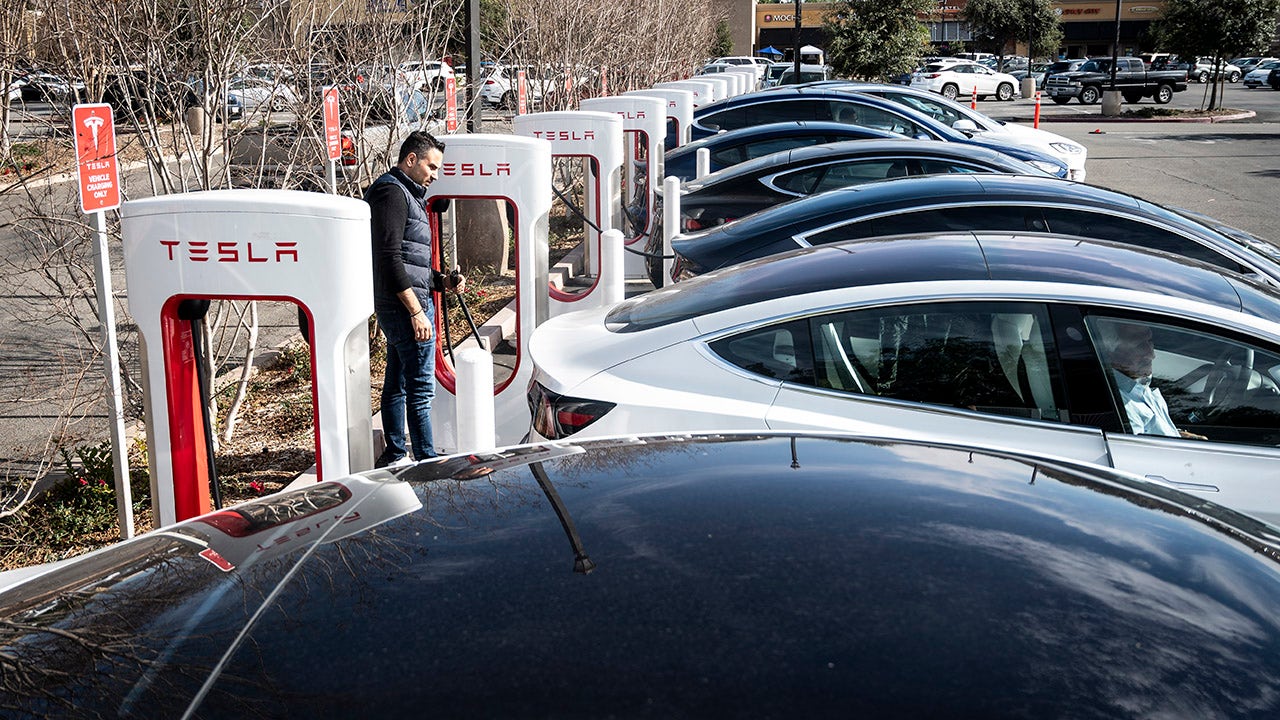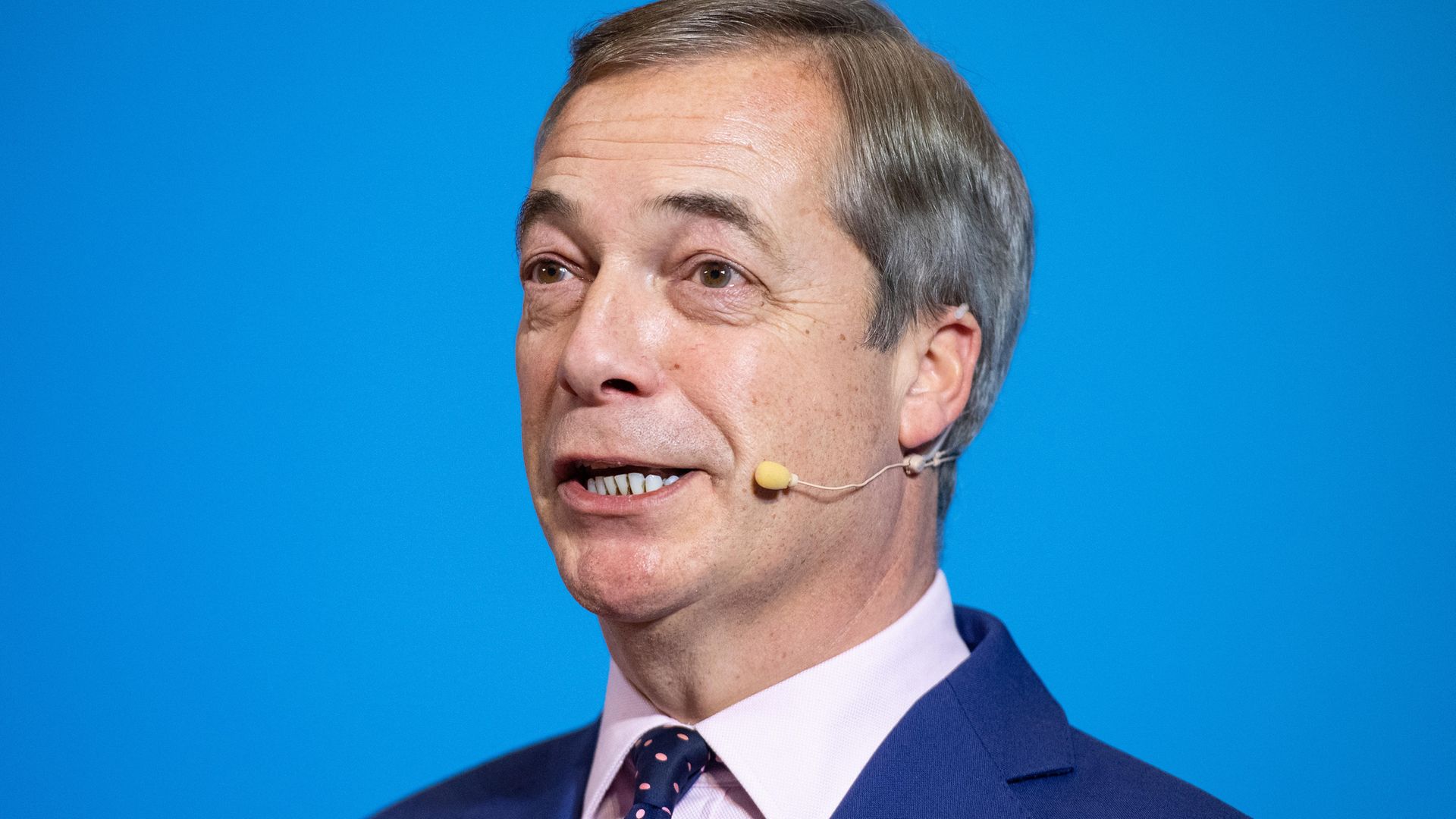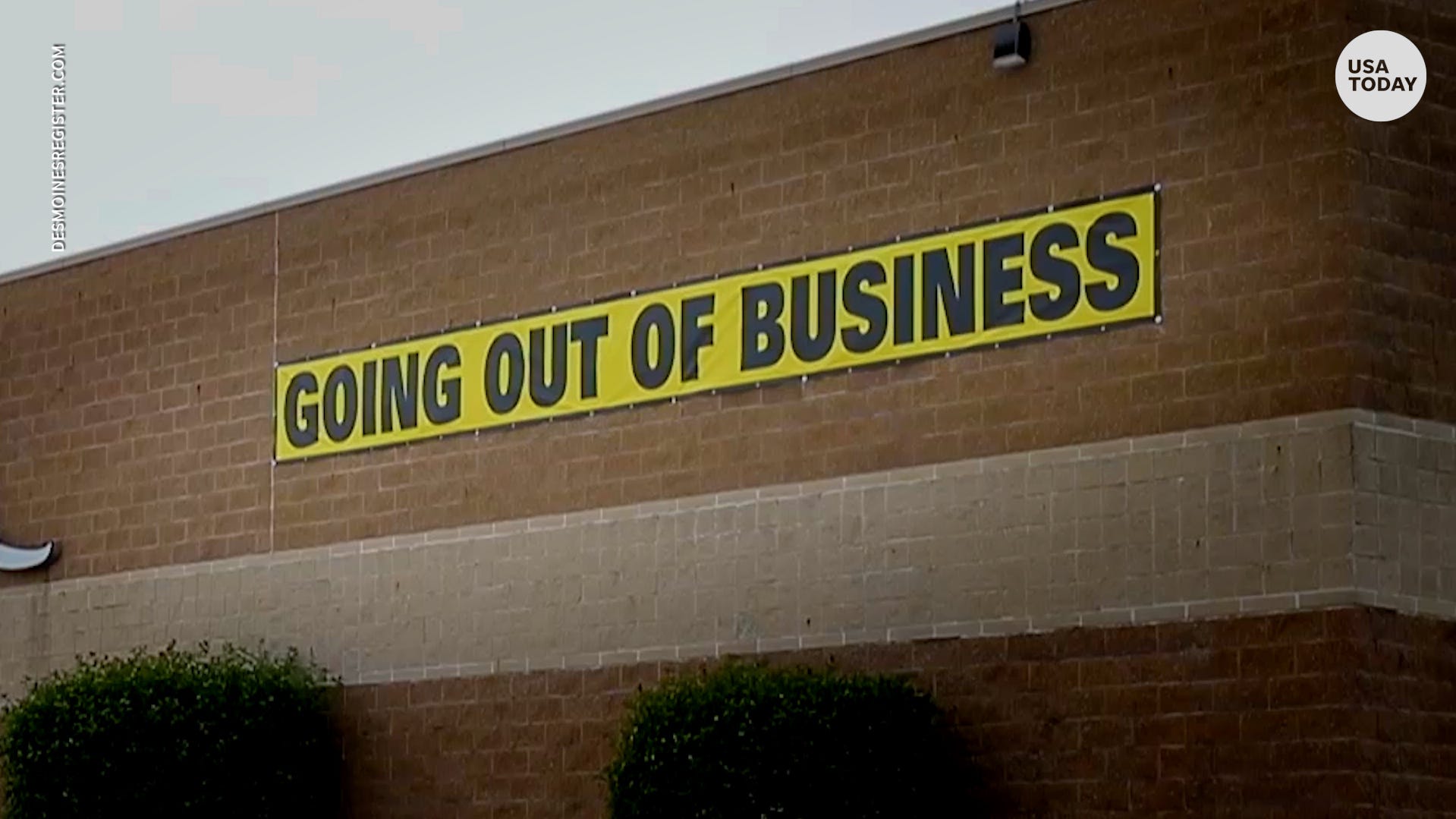Increased Pushback From Car Dealers On Electric Vehicle Regulations

Table of Contents
Financial Concerns Fueling Dealer Resistance
One of the primary drivers of dealer resistance to EV regulations is the financial strain associated with transitioning to EV sales. Profit margins on EVs are currently lower than those on gasoline-powered vehicles, impacting dealer profitability. This is compounded by significant upfront investments required to adapt their businesses to the EV market.
- Lower Profit Margins: The intense competition in the EV market and lower manufacturing costs (in some cases) translate to slimmer profit margins for dealers compared to traditional vehicles.
- High Infrastructure Costs: Installing EV charging infrastructure, including high-power chargers capable of fast charging, represents a substantial capital expenditure for dealerships.
- Specialized Training Costs: Sales staff and mechanics need specialized training to effectively sell and service EVs, demanding further investment in training programs and resources.
- Inventory Management Challenges: EV inventory management presents unique challenges. Longer lead times from manufacturers and potentially slower sales rates require careful inventory planning and potentially higher carrying costs.
- Uncertainty in the Market: The ever-evolving landscape of EV technology and consumer preferences also adds to the financial uncertainty that many dealers feel.
Lack of Consumer Demand (Perceived or Real)
Dealers often cite a lack of consumer demand as a reason for their resistance to EV regulations. While EV sales are increasing, this perception, whether accurate or not, significantly impacts their willingness to invest in the necessary infrastructure and training.
- Range Anxiety: Consumer concerns about the range of EVs and the availability of charging stations remain a significant barrier to wider adoption.
- Charging Infrastructure Limitations: The current lack of widespread, reliable public charging infrastructure, especially in rural areas, contributes to range anxiety and limits consumer confidence.
- Higher Purchase Price: The higher initial purchase price of many EVs compared to gasoline-powered vehicles remains a deterrent for many potential buyers.
- Misconceptions and Negative Perceptions: Negative perceptions about EV performance, maintenance costs, and battery life persist among some consumers, further hampering demand.
- Lack of Choice: Limited model availability and options in certain segments compared to the broader selection of internal combustion engine (ICE) vehicles also contribute to the hesitancy of some consumers.
Challenges in Service and Repair
Servicing and repairing EVs present unique challenges for dealerships, further fueling their resistance to regulations pushing rapid EV adoption.
- Specialized Training and Tools: EV mechanics require specialized training and tools to diagnose and repair EV components, increasing training costs and the need for specific equipment.
- Technician Shortages: There is a current shortage of qualified EV technicians, making it difficult for dealerships to adequately staff their service departments.
- Parts Supply Chain Issues: Obtaining EV parts and components can be challenging, leading to longer repair times and increased costs.
- Warranty Claims Complexity: Warranty claims for EVs can be more complex and time-consuming than for gasoline vehicles, impacting dealer profitability.
- Specialized Diagnostics: The sophisticated technology of EVs requires highly specialized diagnostic equipment, adding to the overall cost of service and repair operations.
The Impact of Government Mandates
Government mandates aimed at increasing EV adoption, while well-intentioned, are adding significant pressure on car dealerships.
- Ambitious Sales Targets: Stringent EV sales targets set by governments create immense pressure on dealerships to meet quotas, even if consumer demand is not yet fully aligned.
- Emission Regulations and Compliance Costs: Meeting increasingly stringent emission regulations involves significant compliance costs for dealerships, adding to their financial burden.
- Government Incentives (or Lack Thereof): The availability (or lack thereof) of government incentives for EV adoption significantly impacts dealer investment decisions. Insufficient support can hinder the necessary transition.
- Deadline Pressure: Tight deadlines imposed by governments for meeting EV sales targets or emission standards create further stress and pressure on dealerships to adapt quickly.
Conclusion
The pushback against electric vehicle regulations from car dealers is a complex issue stemming from a confluence of financial, consumer-related, and service challenges. Addressing these concerns is crucial for successful EV adoption. Finding common ground on EV regulations is vital for a sustainable automotive future. We need a collaborative approach that supports both the ambitious goals of electric vehicle adoption and the economic viability of car dealerships. Let's discuss how to overcome these challenges in implementing effective electric vehicle regulations and ensure a smooth transition to a greener automotive industry. Further reading on the impact of electric vehicle regulations on the automotive industry is highly recommended to gain a more comprehensive understanding.

Featured Posts
-
 Dana White On Alex Pereira Heavyweight Opportunity And Potential Jon Jones Matchup At Ufc 313
May 04, 2025
Dana White On Alex Pereira Heavyweight Opportunity And Potential Jon Jones Matchup At Ufc 313
May 04, 2025 -
 Sydney Sweeney And Jonathan Davino Breakup Rumors Swirl After Solo Hotel Stay
May 04, 2025
Sydney Sweeney And Jonathan Davino Breakup Rumors Swirl After Solo Hotel Stay
May 04, 2025 -
 Nigel Farage Press Conference An Eyewitness Account
May 04, 2025
Nigel Farage Press Conference An Eyewitness Account
May 04, 2025 -
 Us Tariffs Halt Sheins Planned London Ipo
May 04, 2025
Us Tariffs Halt Sheins Planned London Ipo
May 04, 2025 -
 2025 Tampa Bay Derby A Comprehensive Guide To Odds Field And Picks
May 04, 2025
2025 Tampa Bay Derby A Comprehensive Guide To Odds Field And Picks
May 04, 2025
